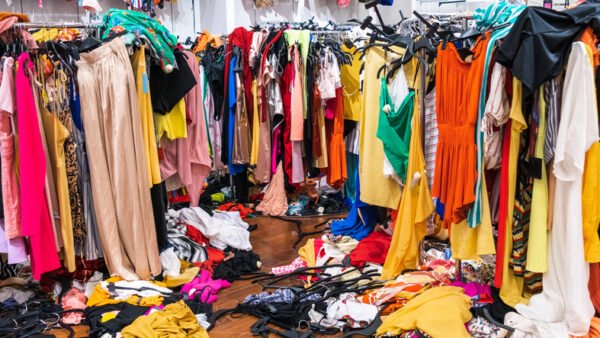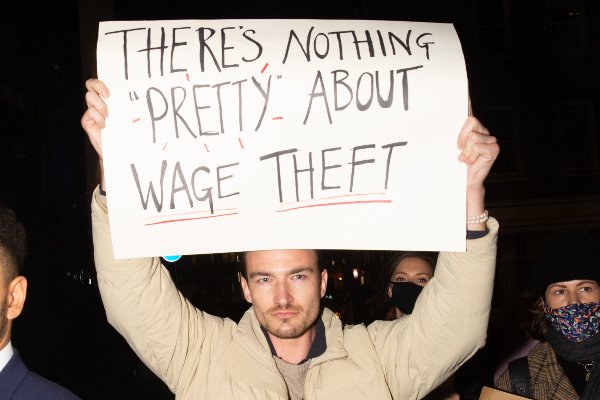The Fashion Act
The UK and the UN continue to drag their feet, setting targets so far in advance that they allow brands and businesses to play the waiting game until the last minute and continue to neglect their obligation to communities and the planet.
There are, at least, others who are taking matters into their own hands in a bid to enforce change before it becomes legally necessary.
For one, the Act on Fashion Coalition in New York is working on a landmark piece of legislation helping drive accountability and common sense within the fashion industry.
‘The Fashion Act’ strives for mandatory due diligence for brands’ social and environmental impacts, aiming to reverse fashion’s race to the bottom.
The legislation has some big-name supporters, all hoping that more awareness around this legislation will legally force brands to start operating in line with the Paris agreement and move away from fossil fuels.
New York is seen as a leader around the world; it is hoped that when a global community gets
behind something like this, others will follow.
Filter By Fabric
The Woolmark company also has a campaign that was created to change the way products are displayed to us online.
The goal of the ‘Filter By Fabric’ campaign is to make brands include the composition in the labelling of garments – out with ‘silky’ and ‘mesh’ and in with clearer definitions, such as ‘polyester knit dress’ and ‘cotton-acrylic blend’.
The filter feature usually only provides options to filter by price, style and newly added. Adding a fabric choice will allow shoppers to separate natural fibres from fossil-fuel fibres, and is backed by research which states this is more likely to help consumers make more sustainable choices.
Change fashion now
These are just a couple of options currently in the works; there is more localised planning to hold businesses accountable and mobilise some of the changes we so desperately need to see.
It all begs the question, though: while the large organisations and governments are dragging their feet, does the best way to influence action start with a local-first approach?
One thing is for sure, this is all extremely frustrating. We all know that the best way to make a big impact is for the massive conglomerates to start moving now, rather than leaving the smaller ones to do everything they can.
 Play Video about This Rock Might Just Save The World
Play Video about This Rock Might Just Save The World Play Video about Play 2 hours of rock
Play Video about Play 2 hours of rock Play Video about Play 2 hours of brook
Play Video about Play 2 hours of brook Play Video about Play 2 hours of sheep
Play Video about Play 2 hours of sheep














































